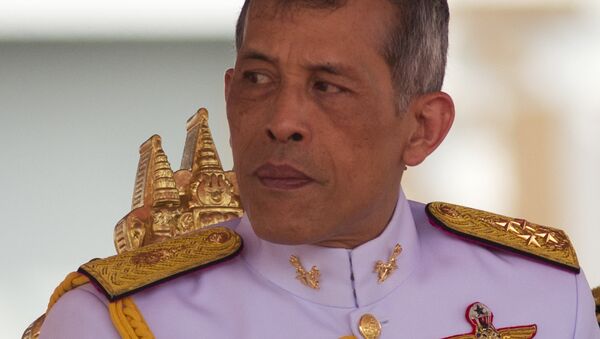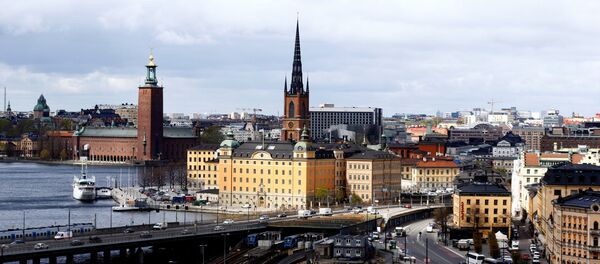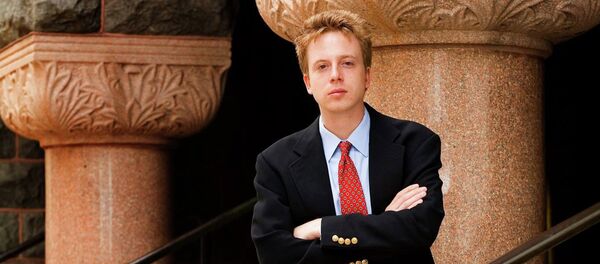“This is the longest sentence for Article 112 verdicts ever recorded,” iLaw, a legal rights watchdog in Thailand, told AFP. Article 112 refers to the section of the criminal code dealing with defamation against the royal family. The length of the convict’s sentence was sliced in half from 70 years to 35 years after he plead guilty to 10 counts of harming the Thai monarchy’s reputation – via a handful of photos and private messages.
Since 2014, 73 individuals have been charged under the royal defamation law, iLaw noted.
Vichai Thepwong, once an insurance broker, initially faced 70 years behind bars for fewer than a dozen picture posts and messages the crown considered libel. In many countries, such as those following the time-tried Common Law system, statements ruining or harming a person’s reputation are classified under civil misconduct instead of criminal wrongdoing. Even then, defamation and slander cases are often tricky to litigate in court since courts have tended to side with those that argue that there should be as few limitations on the exercise of speech as possible.
In Thailand, however, lèse-majesté laws are much stricter. Indeed, the laws are so restrictive that they promote an environment where critical reporting of the government is altogether banned, and those found engaging in uninhibited speech are subject to punishment by law.
Thailand has been condemned by the United Nations’ Special Rapporteur on the protection of free expression. "Lesè-majesté provisions have no place in a democratic country," human rights expert David Kaye said in a February statement.
"I urge the authorities of Thailand to take steps to revise the country’s Criminal Code and to repeal the law that establishes a justification for criminal prosecution," Kaye emphasized.
It’s not clear whether Thepwong’s statements were factually incorrect, which is usually required for a plaintiff to be charged as a libeler. Nevertheless, Thepwong doesn’t plan on appealing the decision, attorney Khumklao Songsonboon of Thai Lawyers for Human Rights told Channel News Asia. Rather, "he wants the case to end, and wants to petition for a royal pardon," Songsonboon added.




